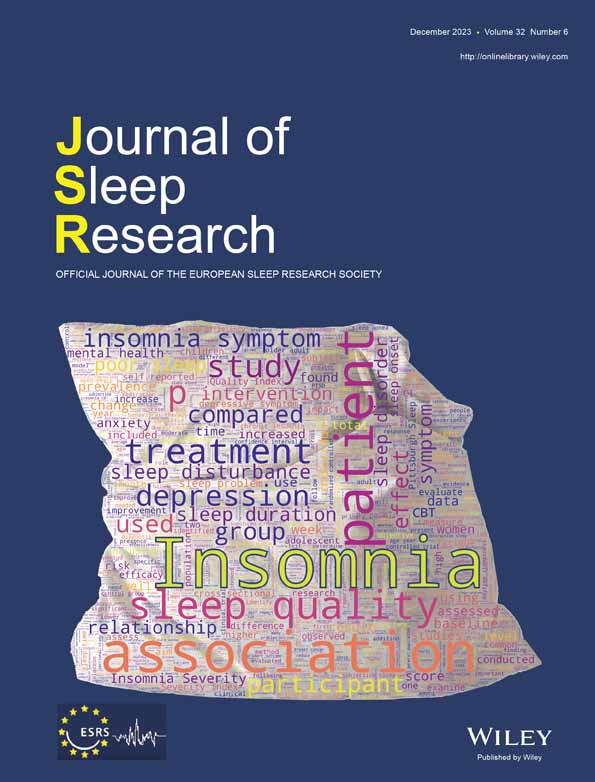
A new article entitled “Interactions between apolipoprotein E, sex, and amyloid-beta on cerebrospinal fluid p-tau levels in the European prevention of Alzheimer’s dementia longitudinal cohort study (EPAD LCS)” has recently been published in the journal eBiomedicine (part of The Lancet Discovery Science). In this article, authors investigated the interaction between APOE status, sex, and CSF Aβ on CSF p-tau and t-tau levels by using the data from the European Prevention of Alzheimer’s Dementia longitudinal cohort study (EPAD LCS).
Congratulations to all authors: Tyler S. Saunders, Natalie Jenkins, Kaj Blennow, Craig Ritchieand Graciela Muniz-Terrera!
You can read the paper here.
Abstract:
Background: Alzheimer’s Disease, the leading cause of dementia, is over-represented in females. The apolipoprotein E (APOE) ε4 allele is the strongest genetic risk factor for late-onset AD and is associated with aberrant cerebrospinal fluid levels (CSF) of total tau (t-tau), phosphorylated tau (p-tau), and amyloid-β (Aβ). There is some evidence that sex may mediate the relationship between APOE status and CSF tau, however, evidence is mixed.
Methods: We aimed to examine the interaction between sex, APOE ε4 status, CSF Aβ on t-tau and p-tau in 1599 mid-to-late life individuals without a diagnosis of dementia in the European Prevention of Alzheimer’s Dementia (EPAD) longitudinal cohort study.
Findings: We found a significant interaction between APOE status, sex, and CSF Aβ on CSF p-tau levels (β = 0·18, p = 0·04). Specifically, there was a stronger association between APOE status and CSF Aβ42 on CSF p-tau in males compared to females. Further, in females with high Aβ levels (reflecting less cortical deposition), ε4 carriers had significantly elevated p-tau levels relative to non-carriers (W = 39663, p = 0·01). However, there were no significant differences in p-tau between male ε4 carriers and non-carriers with high Aβ (W = 23523, p = 0·64).
Interpretation: An interaction between sex and cerebrospinal fluid Aβ may mediate the relationship between APOE status and CSF p-tau. These data suggest tau accumulation may be independent of Aβ in females, but not males.







